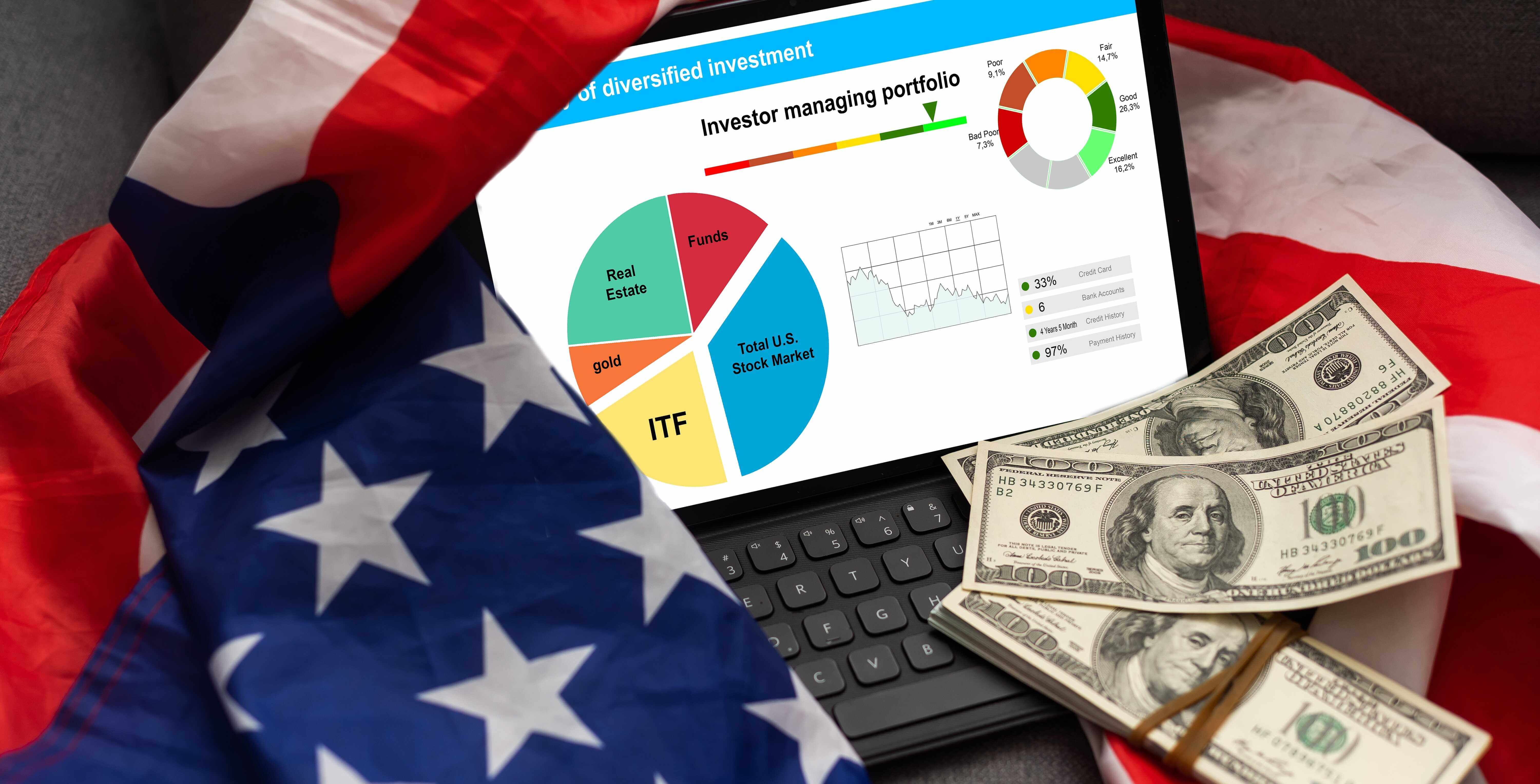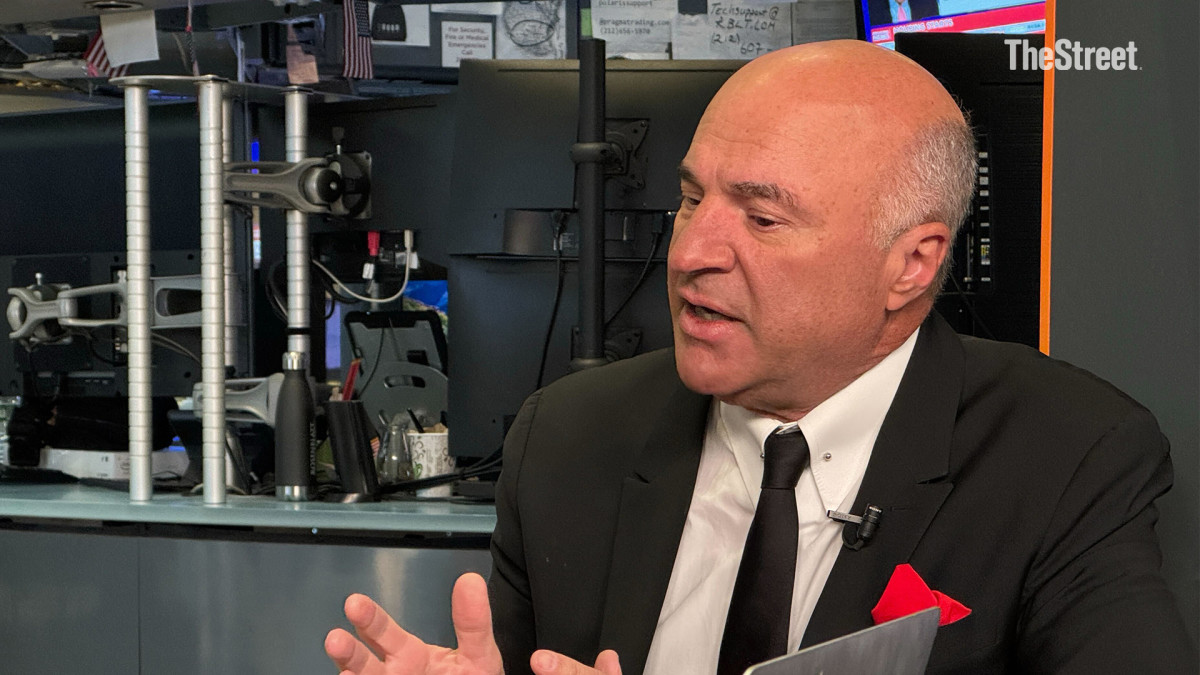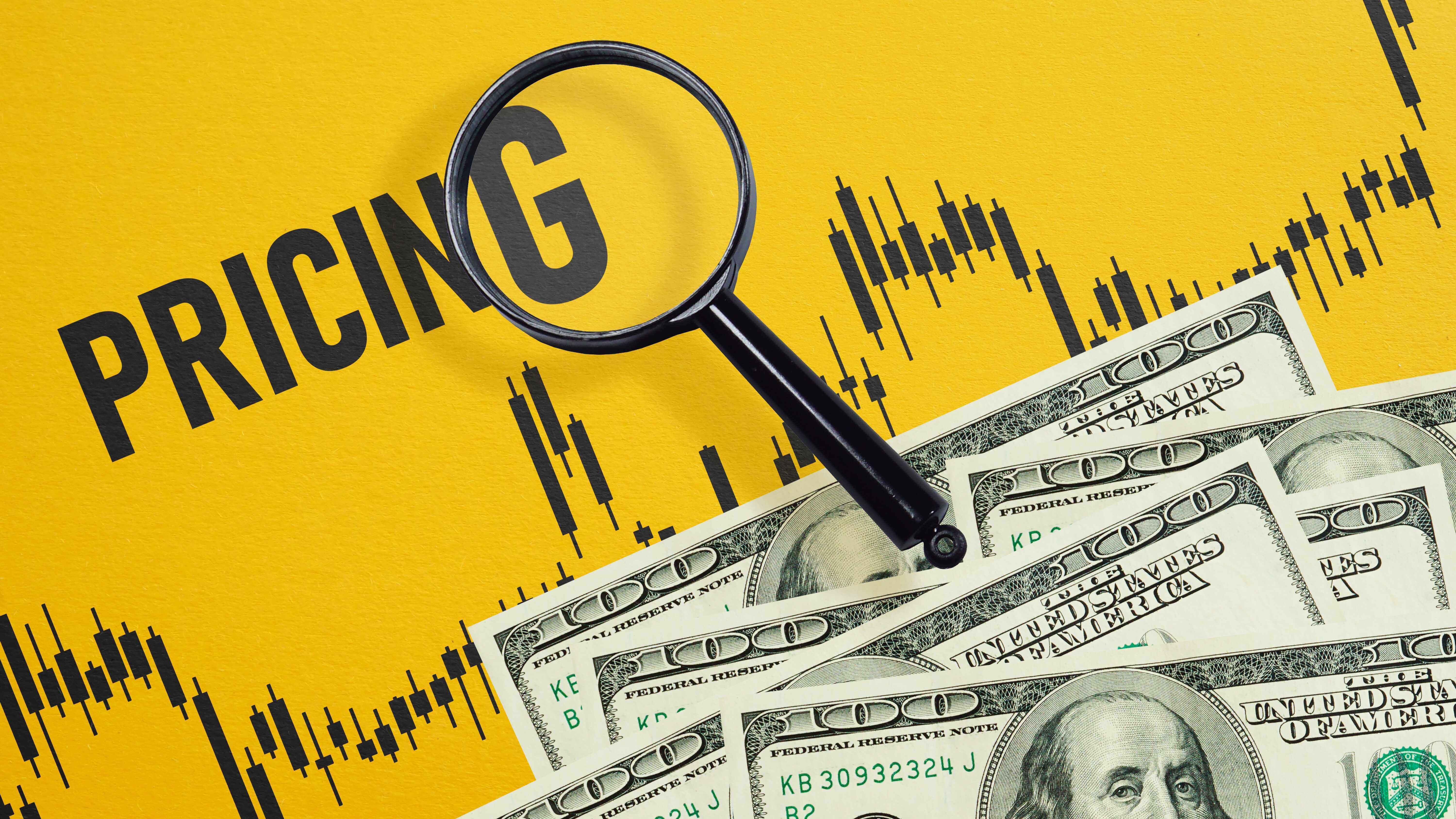Bisignano Pledges To Protect Social Security From Privatization Amid Senate Scrutiny

In a Senate confirmation hearing marked by partisan tensions and sharp questions about the future of Social Security, nominee Frank Bisignano firmly stated he has no intention of steering the agency toward privatization—a concern that has gained traction amid broader fears of cost-cutting initiatives under the Trump administration.
“I’ve never thought about privatizing,” Bisignano said, offering what he called a “guarantee” that Social Security would remain a public program under his leadership. The Wall Street executive, tapped by President Trump to head the Social Security Administration (SSA), emphasized that his focus would be on modernizing operations and reducing inefficiencies—not altering the fundamental structure of the program.
The hearing comes at a pivotal moment for Social Security, which distributes over $1.6 trillion annually to about 70 million Americans. With projections showing the program may face benefit reductions by 2035 due to funding shortfalls, many lawmakers have grown increasingly protective of its mission and skeptical of any perceived threats—especially from the Department of Government Efficiency (DOGE), led by tech magnate Elon Musk.
Democratic senators grilled Bisignano on DOGE’s influence, citing job cuts, office closures, and potential data access violations that could undermine service and erode public trust. Senator Sheldon Whitehouse of Rhode Island warned of a possible effort to "discredit" Social Security in order to justify privatization by "tech bros and private equity folks." Bisignano pushed back on that narrative, saying his priority is to ensure timely and accurate benefit payments. “My job is to make sure claims are processed correctly and the American people are served,” he said.
Still, some senators were frustrated by what they saw as evasive answers. Senator Elizabeth Warren pressed Bisignano on whether service delays tied to budget-driven staffing reductions could be considered a form of benefit cut. He responded, “It sounds like a horrible situation,” but stopped short of labeling it a cut.
Republicans on the committee largely rallied behind Bisignano, pointing to his executive experience at firms like Fiserv and JPMorgan Chase. Senator Mike Crapo of Idaho praised him as someone who “knows how to deliver” results for a program as vital as Social Security. Crapo also echoed assurances from the president himself, stating that “we are not going to cut Social Security benefits.”
In addition to promising not to privatize the program, Bisignano committed to safeguarding Americans' personal information. Responding to concerns about DOGE personnel accessing SSA systems, he stated, “I will do whatever is required to protect the information.” He did not, however, explicitly say whether he would bar DOGE employees from accessing SSA databases in the future.
The nominee also highlighted the potential of artificial intelligence to help root out fraud and reduce the agency’s error rate—currently at 1%. “That’s five decimal places too high,” Bisignano said, signaling an ambition to use technology to streamline operations without compromising service or security.
With Republicans signaling strong support, Bisignano’s path to confirmation appears likely. But for Democrats, his reassurances may not be enough to quell broader fears about the Trump administration’s long-term intentions for Social Security.
For now, Bisignano’s promise to keep Social Security in public hands remains a central takeaway—though one that will be closely monitored as his nomination moves forward.

